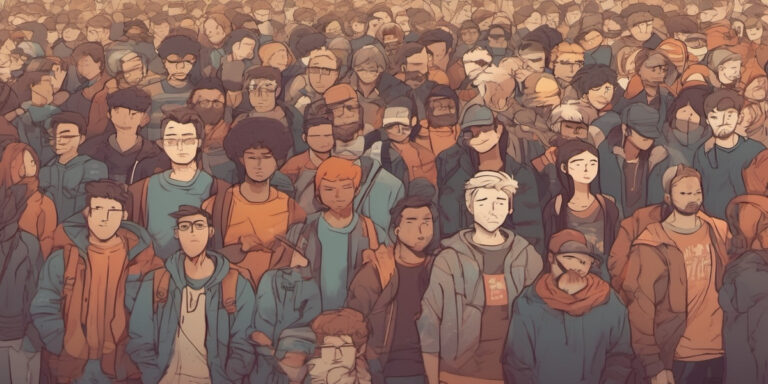What Does It Mean To Go Nonverbal? Reasons And Treatment
Nonverbal communication is more than just words. It includes things like gestures, expressions, and body language.
Think about how a smile or a handshake can say a lot, even when no words are spoken. It’s like they have their own secret language that brings people closer.
These nonverbal signs are like universal signs, but they also have a bit of cultural style mixed in.
Imagine it like finding a secret language that makes talking and connecting with others even more interesting!
It’s like discovering new ways to understand each other, making our communication more special and enjoyable.
So, let us discuss what it means to go nonverbal, the potential reasons, and the ideal treatment.
What does it mean to go nonverbal?
Going nonverbal means that people, often because of stress, anxiety, or conditions like autism, can’t express their thoughts and feelings through speech.
It’s more than just being quiet, as it can be a temporary or long-lasting struggle to talk.

In these situations, communication might involve gestures, writing, or other nonverbal signals.
It’s important to understand this state to create inclusive environments and help those facing verbal challenges.
By embracing different communication methods, we build a kinder and more inclusive society that supports better connection and emotional well-being.
Also Read: Why Do Girls Like Shy Guys: Attractive Trait Or Just Preference?
What may be the reasons to go nonverbal?
Sometimes, people stop talking for different reasons, and it’s usually because of their feelings, thoughts, or how their brain works.
When someone feels a lot of stress or worry, they might find it hard to speak temporarily.
Conditions like autism can also make it more comfortable for some people to express themselves without words.
If someone has been through something really difficult or scary, they might stop talking as a way to protect themselves and give their mind time to feel better.
Some people just prefer not to use words much and like to communicate in other ways.
Understanding why people stop talking helps us support them better and ensure everyone can communicate in a way that suits them.

Additionally, when people go through tough or scary things, they might stop talking to protect themselves.
Some people just like expressing themselves without words because that feels right.
Knowing these reasons is important so we can help and make places where everyone can communicate in their own way.
Likewise, we can understand and appreciate the different feelings and ways people reach out to each other.
Any treatment for challenges in nonverbal communication?
- Find out why it’s hard to communicate without words.
- Everyone is different, so the help might be different for each person.
- People often use different ways to make communication better.
- Each person gets help that fits what they need.
- Look at why nonverbal communication is tricky and find solutions that work.
It’s important to find the right help based on what’s going on and what each person requires.
You can always consult with healthcare professionals: Nonverbal Communication and Body Language
importance of understanding For Nonverbal Communication
Knowing about nonverbal communication is important for connecting with others.
Things like body language and facial expressions tell us a lot about how someone feels, sometimes even more than what they say.
Be patient and understanding with someone who has trouble talking. Show empathy to make them feel supported.
It’s like learning a special way of communicating that goes beyond words.
By understanding and accepting different ways people express themselves, we create a kinder and more understanding world where everyone can communicate uniquely.







